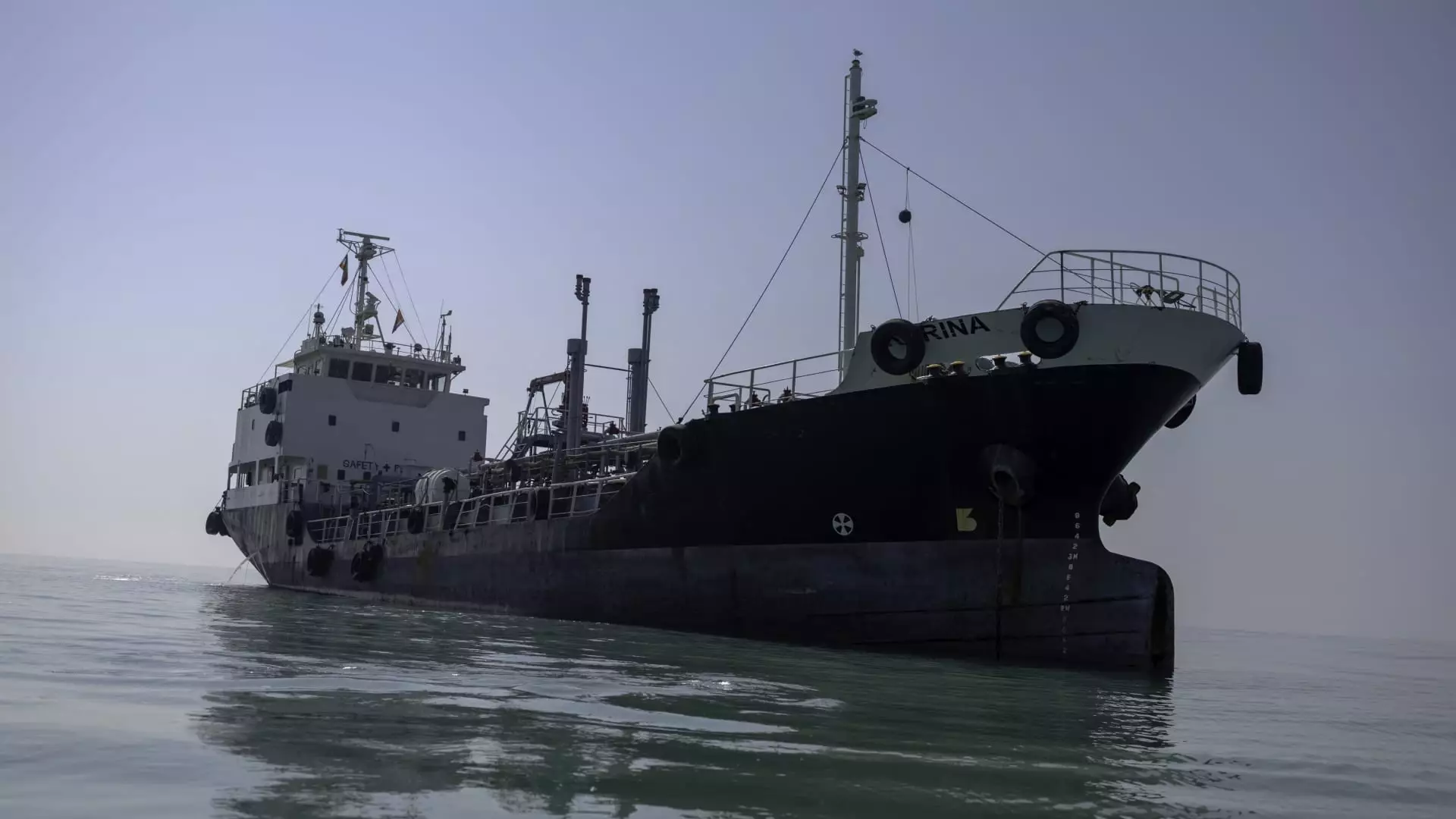The escalating strife between Israel and Iran has not only become a geopolitical flashpoint but has also ushered in a new wave of financial ramifications for maritime shipping—an arena often overlooked during discussions of international conflict. According to recent insights from Marsh McLennan, the cost of marine insurance in regions affected by this conflict has skyrocketed, reflecting not just a shift in the market, but a profound transformation in risk assessment. Insurance premiums for sailing through the Persian Gulf have jumped from a modest 0.125% to an eye-watering 0.2% of a vessel’s value almost overnight. For those contemplating trade through the Red Sea, the resulting increases in war risk insurance are equally concerning. This staggering rise emphasizes the reality that maritime commerce is intricately linked to the turbulent political climate surrounding it.
The Impact on Global Commerce
With the region’s instability, shipping groups are now more hesitant to navigate the crucial Strait of Hormuz, a narrow yet vital conduit for global oil transportation. The Strait serves as a pivotal junction that connects the Persian Gulf to the Arabian Sea; any disruption here would be catastrophic, not only for shipping routes but for global oil prices. The slight dip in maritime traffic through this chokepoint speaks volumes about the fear permeating the trade community. Jakob Larsen of Bimco highlights this unease, noting how the escalating tensions are altering shipping patterns and contributing to a chilling effect on maritime logistics. The implications of an oil transit failure extend well beyond the confines of the Middle East, reverberating through international energy markets and consumer prices everywhere.
Shortened Insurance Validity: A Sign of Deterioration
Moreover, the validity period for insurance quotes has shrunk dramatically from 48 hours to just 24 hours, an unusual and alarming development indicative of the rapidly changing nature of risk in the region. Marine insurance traditionally operates with an element of predictability; this sudden shift signals a growing acknowledgment that the situation in the Middle East could devolve into broader conflict at any moment. This dynamic not only complicates logistics for shipping companies but also hints at a market that is struggling to keep pace with the volatility of its geopolitical landscape. Insurers are now more cautious, and rightfully so—if the conflict intensifies, the repercussions could reverberate throughout the global economy.
The Potential for Wider Conflict
The increasingly fraught interactions between Israel and Iran raise essential questions surrounding U.S. intervention and the broader implications of such a scenario. While U.S. concerns might currently be contained to regional dynamics, it is naïve to assume that a prolonged conflict would remain the purview of only two nations. The knock-on effects could be disastrous, challenging global trade flows and causing significant economic aftershocks that could destabilize markets worldwide. The conversation around energy security has shifted from mere dialogue to an urgent crisis, and the concern that a full-blown conflict could materialize lingers ominously over international shipping and trade networks.
In a world that is already grappling with significant challenges ranging from a pandemic-induced recession to climate change, the added uncertainties of heightened geopolitical tensions should not be taken lightly. The financial world is watching closely, and as the oil market braces for potential shockwaves, one can only hope that diplomatic avenues prevail over military escalations.

Leave a Reply